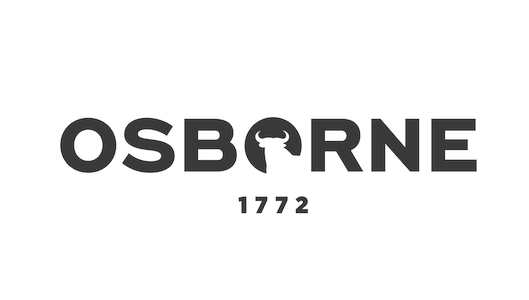News
Javier Garat: “Spanish fisherman follow many rules, but some third countries do what they like”
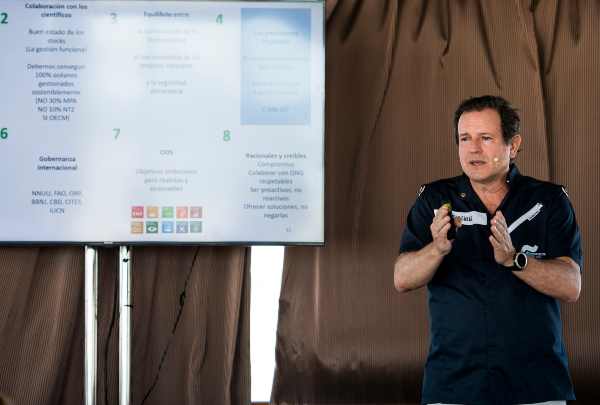
The General Secretary of the Spanish Fishing Confederation called for sound management of fishing, “but with continuity, because otherwise people will go hungry”. The president of the Spanish fisheries association was keen to point out that they were not “the bad guys in the film”.
The world’s population is increasing, “and it needs healthy food. So it needs fish, and someone to catch it”.
“Fishing is an essential, strategic activity. In fact, when God became Man, He chose his friends among the fishing fraternity”. This was the declaration of intentions at the outset of a talk by a major player at the 3rd Meeting of the Seas, the General Secretary of the Spanish Fishing Confederation (Cepesca), Javier Garat, calling for assistance to a sector that has been “persecuted and singled out, but plays a vital role in feeding human beings in the future”.
Garat touched on the status of fishing in Spain – almost 6,000 boats actively fishing at the present time – although, in his capacity as Chairman of the EU’s Advisory Committee on Fisheries and Aquaculture he also dwelt on the world panorama, “where 880 million people depend on the fishing value chain”. A sector which, alongside aquaculture, is a means of sustenance for 10-12% of the world’s population. Sea fishing provides direct or indirect jobs for more than 200 million people, and 47% of them, in the artisan fishing sector, are women.
These were global data, although the Spaniard’s talk focused on sustainability and the future, with a “phrase I wish to emphasise: fishing is part of the solution. It secures healthy protein, a natural superfood with many benefits for the organism, which also produces serotonin – happiness, in other words”. Not only does fish form part of activities which produce less CO2, but it also “accounts for 20% of the animal protein consumed on a daily basis by 3,100 million people”, whose numbers are increasing, “and they need healthy food. Our population will have increased from 7,300 million in 2020 to 10,000 million by 2050, and so food production must rise by 70% in the years ahead”, he said. “The sustainable solution: fish”.
A key sector for Garat, “which must be sustainable thanks to collaboration between fishermen and scientists, and work on managed stocks”. The technical officer told the congress that, according to the FAO’s 2020 SOFIA Report, “65.8% of international waters are being exploited properly, and so we can be pleased with this, although we must continue to work to bring this up to 100%. The reality is that, with controls and sound management measures, fishing is still sustainable”.
State-of-the-art techniques “have improved fishing and made it more sustainable, with no discrimination. A lot of hard work is ongoing, but people are unaware of this, and blame us. This is not fair”, he claimed. One example of work ongoing in the fisheries sector is blockchain, “which has enabled us to use monitoring to trace fishing activity from the boat to the table, or use digital solutions such as Satlink, with oceanographic and meteorological information to know exactly where the fish are, and make fishing more effective”.
Another example of the cutting-edge technology used nowadays are advanced sonars, eco-probes (fish-hunters) or catch monitoring systems “that have digitalised ships, optimising the efficiency of their operations, boosting safety and improving on-board living conditions and welfare”. Technology also assists with sustainability – for example, with the use of smart buoys, an innovative system which saves fuel and reduces CO2 emissions, improves management of stocks and fishing activity and “increases transparency for observers”.
Here Garat was also keen to defend the work carried out by the sector, but he also issued a call: “Here we adhere to many rules, but some third-country fleets do what they like. This cannot be allowed. There must be rules for everyone”. He also used his talk to urge government organisations “to work to a criterion. Placating environmental consciences cannot be a pretext for ruining sectors such as our fishing industry”.
.jpg)
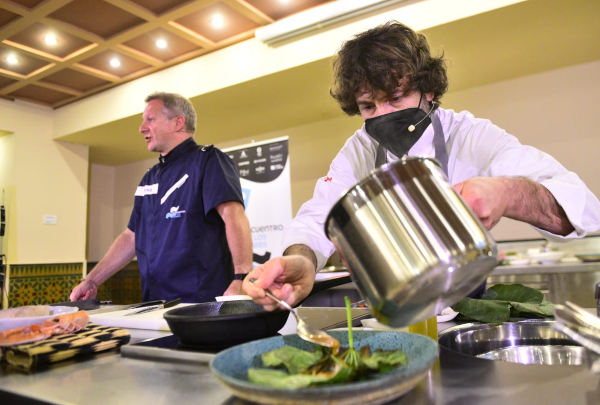
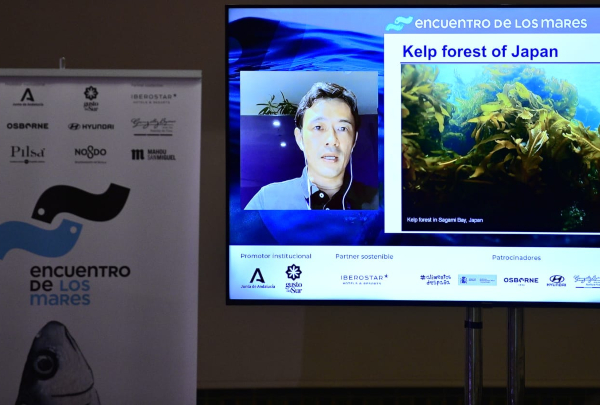
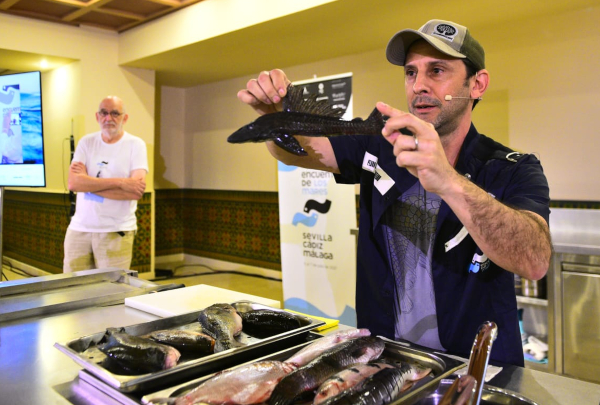
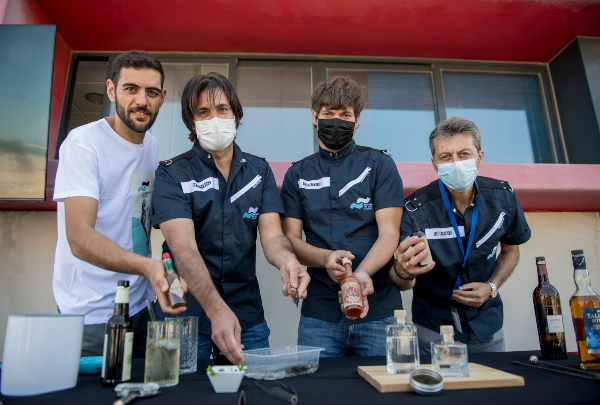
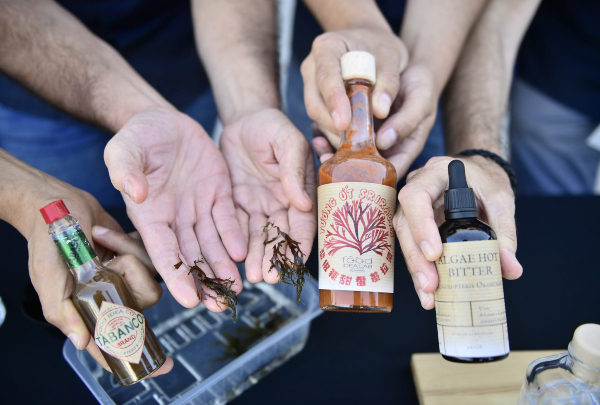
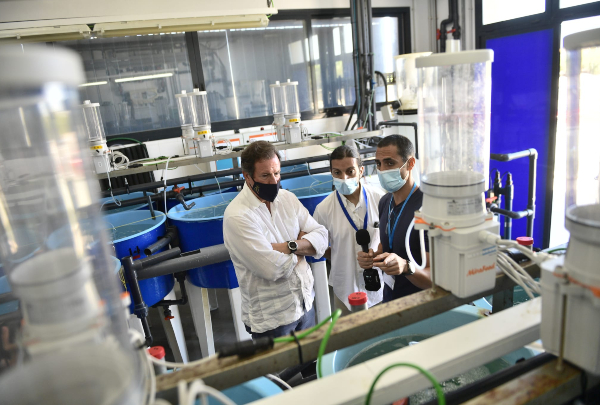
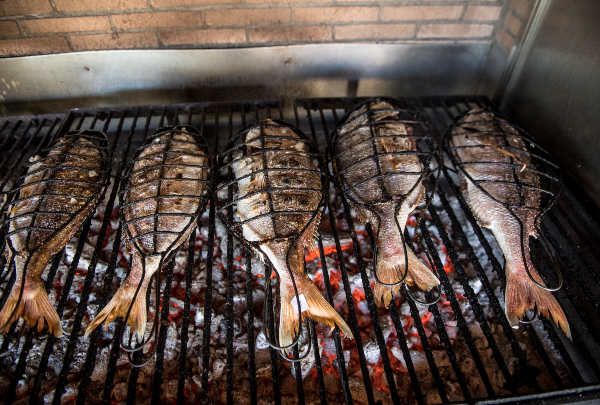
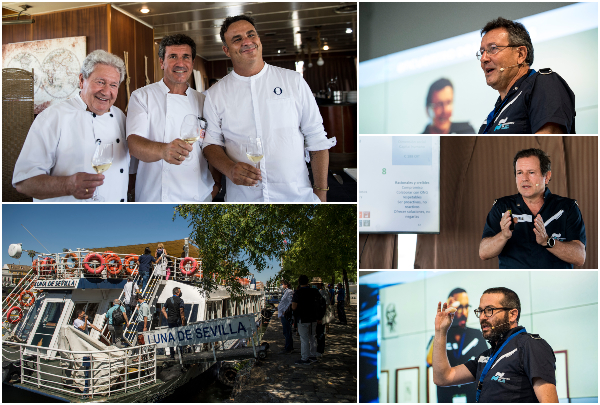
.jpg)





